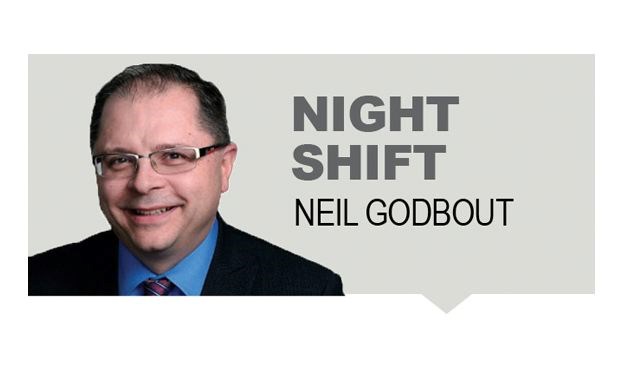Imagine the world’s greatest storyteller, trapped and alone in a secure bunker.
She is dependent upon nameless and faceless help for sustenance. Instead of observing the world for herself, she receives random and jumbled electrical signals in her dark cell that project not only sight and sound but even touch, taste and smell.
From these electrical signals alone, she imagines a world in which she is the centre and everything and everyone revolves around her.
We all know this storyteller intimately, even though we never see her, because she lives between our ears and behind our eyes, relying on them and our other senses to shape our world.
The randomness and the uncertainty of the world simply won’t do, so our individual minds take those raw ingredients and shape them into stories. Those individual stories form the chapters in our overarching narrative of our lives, a reality TV show experience that never stops broadcasting, not even when we sleep.
Will Storr’s The Science of Storytelling: Why Stories Make Us Human and How To Tell Them Better shows how dependent we are, as individuals and as a society, on stories and the telling of them.
Race, religion, gender, age, wealth and all of the other identifying signals are pegs our minds use to tell not only our individuals stories, but the stories of those around us.
Here lies the true source of conflict.
In the name of efficiency, our internal storyteller is lazy, so it insists on imposing its story on everyone else, too, rather than trying to understand their stories. Often (but not always), our personal story is a self-congratulatory one, highlighting elements to support that narrative and discarding the rest. Using the same arbitrary process, our minds then tell us a story about others, uncaring if it matches what these people say about themselves.
“They are who I say they are, not who they say they are,” our internal storyteller boldly proclaims.
So the stories don’t have to be true or even based in reality.
While we may consciously discriminate between fiction and non-fiction, lies and truth, our minds are less fussy, binding it all together into a self-serving tale.
Where were you and what were you doing on 9/11?
Researchers did memory studies, asking people numerous times, starting the week after and then repeatedly months and years later, to recall where they were on 9/11 and what they were doing.
Not only did the tale change to some degree over time for most people but the tale also hardened. When the study’s participants were told their current memory years later did not align with what they said happened just a week after the event, most insisted they were wrong then but correct now.
The internal storyteller cares more for the tale than the truth and the now more than the then.
The path to peace - individually with the people in our lives and collectively in our various groups, from political parties to nations – is to care more for the truth than the tale.
That means telling our internal storyteller to work harder, to spend less time on story fabrication and more time collecting data and weighing facts. That also means telling our internal storyteller to spend more time looking for similarities between others and ourselves and less time fixating on the differences.
Most importantly, it means constantly reminding our internal storyteller to be humble. Just because it feels like it’s always in the middle of the action doesn’t make it so.
My teenaged stepdaughter was talking to her mom and me about how much effort she should or shouldn’t put into her relationship with her estranged biological father, who she hadn’t seen or spoken to for years.
“I’ll support you, whatever you decide,” I chimed in. “Just so you know, I won’t be offended in any way if you do reconnect with your dad.”
“Thanks for that,” she said with a little smirk, “but this isn’t really about you.”
Indeed.



